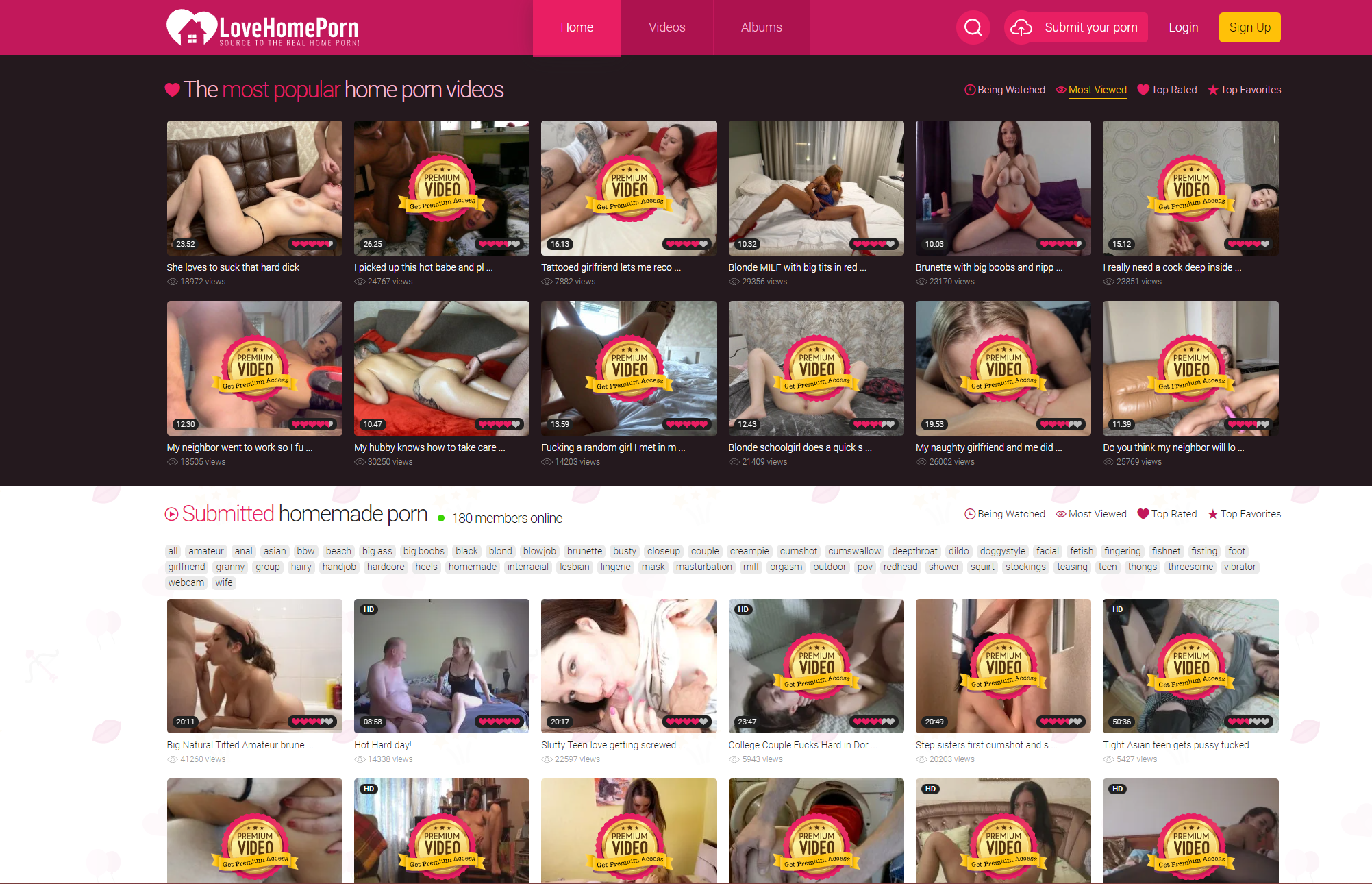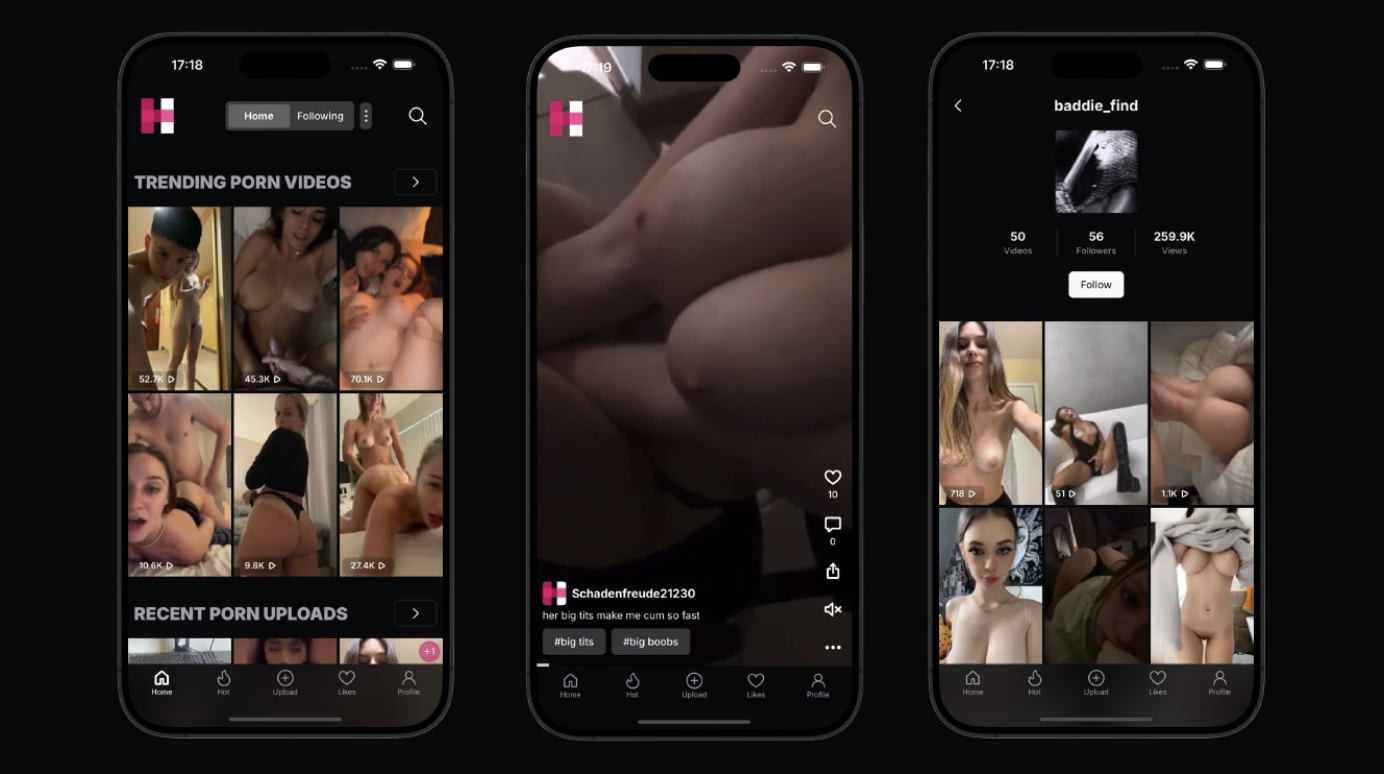Women in the Wake of The Fappening: Privacy, Strength, and the Fight for Digital Dignity

Introduction
When The Fappening occurred in 2014, dozens of women — most of them well-known actors, musicians, and public figures — had their private photos stolen and shared online without consent. While the event is remembered as a major data breach, its human cost fell primarily on the women whose privacy was violated. Their experiences helped reshape conversations about online consent, cybersecurity, and the treatment of women in digital spaces.
A Violation of Privacy, Not a Scandal
At first, many media outlets framed the leaks as a “celebrity scandal.” But for the women involved, it was not a scandal — it was a crime. Their private, intimate images were taken without permission and distributed to millions of strangers. The narrative gradually shifted as more people recognized that the event represented digital sexual exploitation, not gossip.
Victims like Jennifer Lawrence spoke out powerfully, calling the leaks “a sexual violation” and condemning those who viewed or shared the images. Others, like Kirsten Dunst and Kate Upton, also criticized both the hackers and the culture that normalized the invasion of women’s privacy for entertainment.
Media and Public Reaction
Initially, coverage of the leaks often blurred the line between reporting and voyeurism. Some outlets published sensational headlines or hinted at the stolen content. Over time, however, a more ethical approach emerged. Major publications began referring to the event as a breach or crime, focusing on accountability and prevention rather than the victims themselves.
This shift helped highlight the double standards women face when it comes to privacy, sexuality, and fame. The Fappening became a case study in how media and audiences can either perpetuate harm — or help to restore dignity.
Legal and Social Change
In the years following the leaks, lawmakers and activists pushed for stronger legislation against “non-consensual image sharing.” Several U.S. states expanded existing laws to criminalize the distribution of private images without consent, and tech platforms introduced clearer policies for reporting and removing such content.
The women affected, by speaking publicly, helped transform a moment of exploitation into a catalyst for digital rights advocacy. Their courage made it clear that no one’s fame should make them fair game for privacy violations.
Lessons for the Digital Era
The Fappening remains a warning about the fragility of privacy in a hyperconnected world. It also stands as a reminder of the resilience of the women who endured it. Instead of being defined by victimhood, they became voices for accountability and reform.
Today, their experiences continue to influence how society approaches topics like cloud security, online harassment, and gendered abuse on digital platforms.
Conclusion
The women affected by The Fappening were not just victims of a hack — they were victims of a cultural mindset that undervalued women’s privacy and consent. Their responses, both private and public, reframed the global conversation about digital ethics and respect.
In standing up for their dignity, they helped all of us understand that privacy is a human right, and that protecting it is a collective responsibility.




.png)



